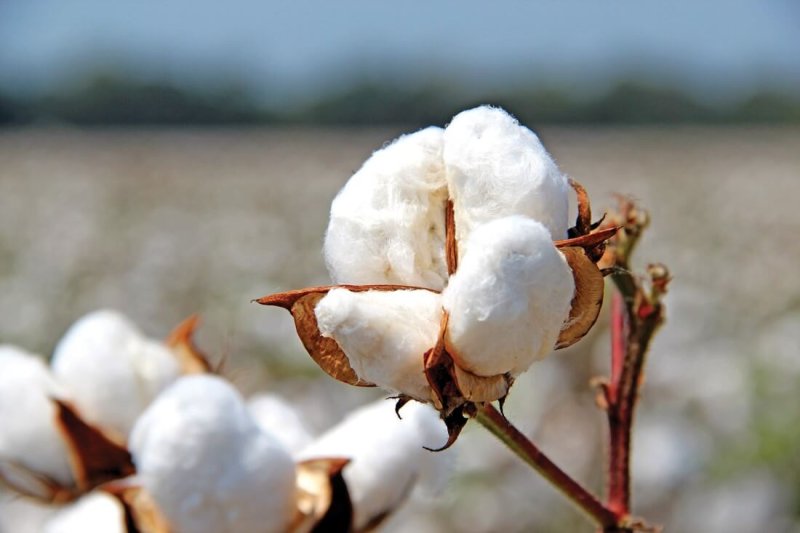One group of Texas Tech University researchers has found a way to double fiber yield for cotton in semi-arid areas like that of West Texas, where drought, heat and salinity are working against farmers.
Hong Zhang is a professor of Plant Molecular Biology and Plant Biotechnology at Texas Tech. A few years ago, his group published a paper showing that he could increase cotton yield by 35%-40% in dryland conditions.
But he has continued to work on different genetic changes to cotton that could lead to even better results, and a new paper published in “Plant Biotechnology Journal” in September details those results. During Zhang’s first year of experimenting with a new set of genetic modifications, the fiber yield from cotton crops was up 133%.
The research was conducted by overexpressing two different genes, the AVP1 and OsSIZ1.
Zhang said the results were highly consistent, and can be repeated, but he still hopes to do a larger field test. He said there is also no downside to turning up these genes – even if there is a great rainy season, the plants still produce more and would not produce less due to the gene modifications.
Cotton is king in West Texas, but Zhang said he believes the results can be applied to other crops, such as wheat, rice and corn. The two genes that were overexpressed are present in every plant.































